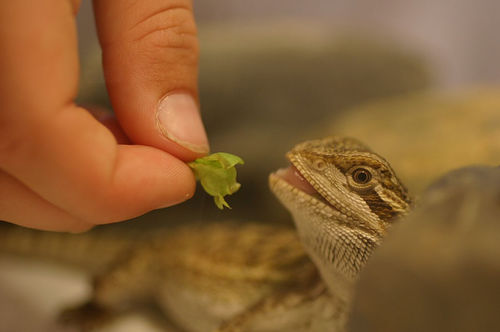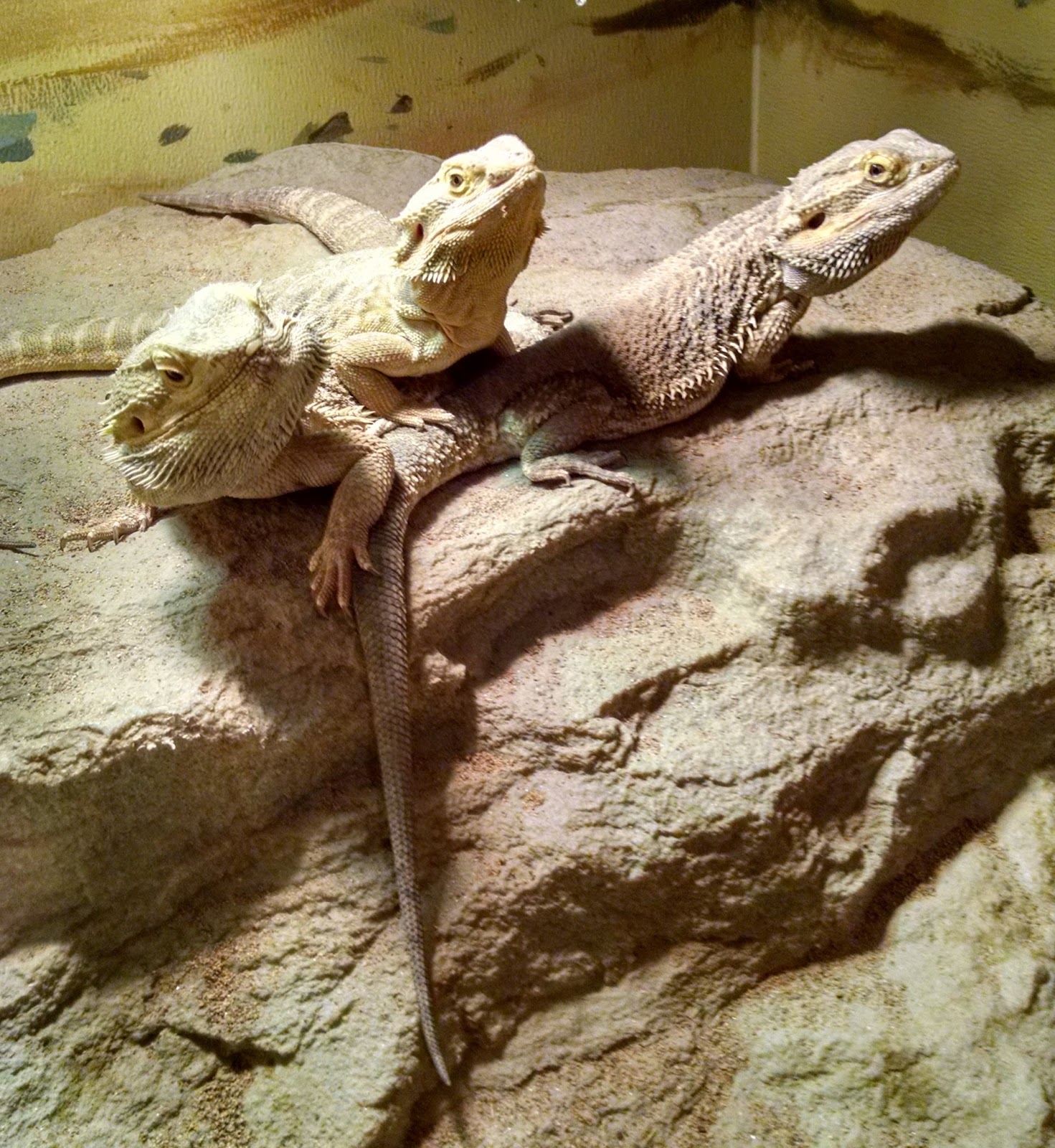Is Your Bearded Dragon Getting Too Much UVB? Here's What You Need to Know
Is Your Bearded Dragon Getting Too Much UVB? Here’s What You Need to Know

Bearded dragons are one of the most popular pet reptiles in the world. These friendly, docile creatures are easy to care for, and they make great pets for both beginner and experienced reptile owners. However, like any pet, they have specific care requirements that need to be met in order for them to be healthy and thrive.
One of the most important aspects of bearded dragon care is ensuring they receive the proper amount of UVB light. UVB is essential for the health and wellbeing of bearded dragons because it helps them produce Vitamin D3, which is crucial for calcium metabolism and bone health. However, it is possible for bearded dragons to get too much UVB, which can lead to health problems and even death.
How Much UVB Does a Bearded Dragon Need?

To determine how much UVB your bearded dragon needs, you will need to consider several factors, including their age, size, and natural habitat. In general, adult bearded dragons require a minimum of 10-12 hours of UVB light per day. Baby and juvenile bearded dragons need more UVB than adults, and they should be exposed to UVB light for 14-16 hours per day.
It is essential to provide your bearded dragon with a UVB light that emits the appropriate level of UVB radiation. UVB output decreases over time, so it is important to replace your UVB bulb every 6-12 months, even if it still appears to be working.
What Happens if a Bearded Dragon Gets Too Much UVB?

If a bearded dragon is exposed to too much UVB, it can lead to health problems and even death. One of the most common problems caused by excessive UVB exposure is sunburn. You may notice that your bearded dragon’s skin looks redder than usual, and they may be more sensitive to touch.
In more severe cases, excessive UVB exposure can lead to metabolic bone disease, which is characterized by weakened bones that are more prone to fractures. Other symptoms of metabolic bone disease include lethargy, loss of appetite, and difficulty moving or standing.
How to Tell if Your Bearded Dragon is Getting Too Much UVB

It can be challenging to determine if your bearded dragon is getting too much UVB, especially if you are not familiar with their behavior and habits. However, some signs that your bearded dragon may be getting too much UVB include:
- Red or inflamed skin
- Increased sensitivity to touch
- Lethargy or lack of energy
- Loss of appetite
- Difficulty standing or moving
How to Fix Overexposure to UVB

If you suspect your bearded dragon is getting too much UVB, it is important to take action quickly. The first step is to remove the UVB light or reduce the amount of time they spend under it. If their symptoms persist, you should take them to a reptile vet, who can assess their health and recommend treatment.
Treatment for overexposure to UVB may include medication, nutritional supplements, or adjustments to their environment. It is important to follow your vet’s instructions closely to ensure your bearded dragon makes a full recovery.
Conclusion
Bearded dragons are wonderful pets, but they require specific care to be healthy and happy. UVB light is essential for their health, but it is possible for them to get too much of it. By understanding how much UVB your bearded dragon needs and how to identify signs of overexposure, you can ensure that they stay healthy and happy for years to come.
